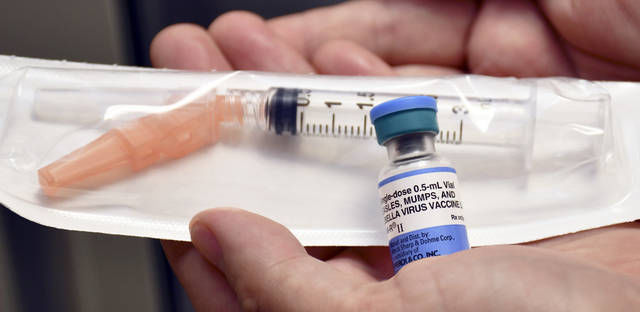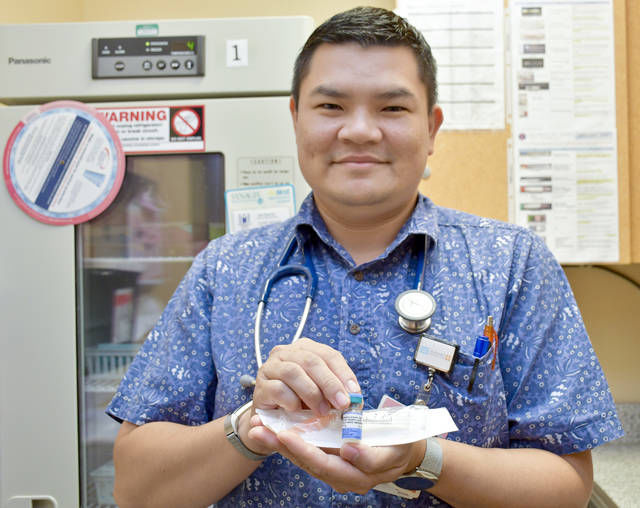LIHUE — It’s been 40 years since the number of mumps cases has reached current levels in Hawaii, according to the state epidemiologist, Sarah Park. The Department of Health reported on Thursday 384 confirmed cases of mumps for 2017, with
LIHUE — It’s been 40 years since the number of mumps cases has reached current levels in Hawaii, according to the state epidemiologist, Sarah Park.
The Department of Health reported on Thursday 384 confirmed cases of mumps for 2017, with 32 confirmed cases on Kauai, 334 on Oahu, 17 on Hawaii Island and one on Maui.
The disease has been confirmed in adults and children, both vaccinated and unvaccinated, according to DOH.
Park said she hasn’t seen those kinds of numbers since the 1970s. It’s not specifically associated with schools, and it’s throughout the islands.
“This is a community and statewide outbreak,” said DOH spokeswoman Janice Okubo. “Any cases in schools are only an indication of disease activity associated with that particular community.”
In the past nine years, Wilcox Medical Center has seen only four mumps cases, according to Faith Campbell, marketing manager for Wilcox Health. That’s compared to the 30 confirmed on the island in just 2017.
“We have definitely seen an increase this year in patients with mumps-related symptoms,” she said.
The most common symptoms of mumps include fever, headache, muscle aches, loss of appetite, tiredness, and swollen glands in front of the ears or jaw on one or both sides. Mumps is best known for the puffy checks and swollen jaw that it causes, which is the result of these swollen glands, according to Wilcox Health.
Some people who get mumps can have very mild or no symptoms, while others may feel sick but will not have swollen glands.
“That is why it is important to consult your health care provider if you are experiencing any of these symptoms, and stay at home to avoid spreading the disease to others,” Campbell said.
Mumps prevention comes in the form of a vaccine, given in two doses. The first is generally administered at 12-15 months and the second is administered at 4-6 years old. DOH urges those who have had only one dose of the MMR vaccine to make an appointment to get the booster.



